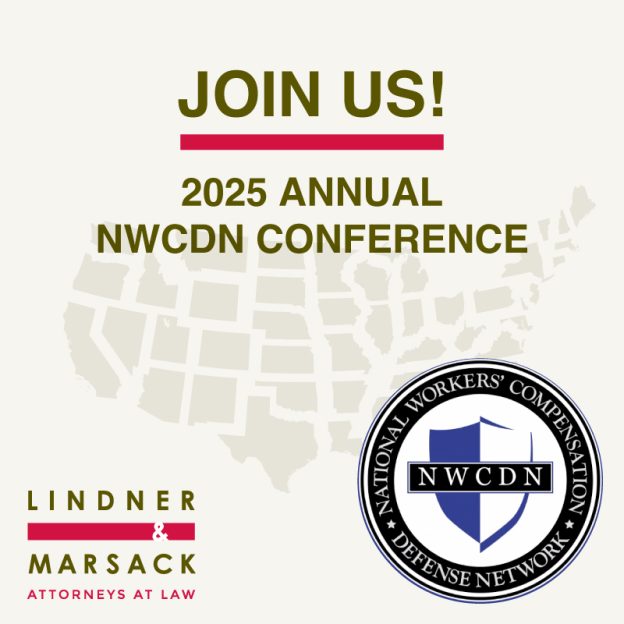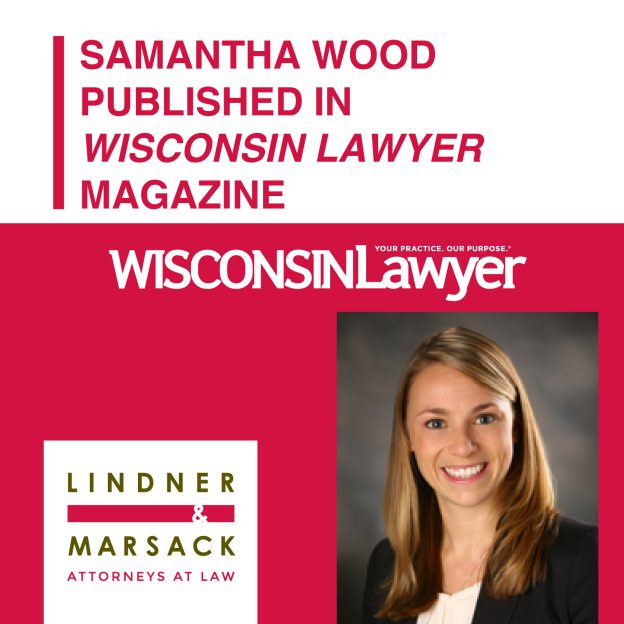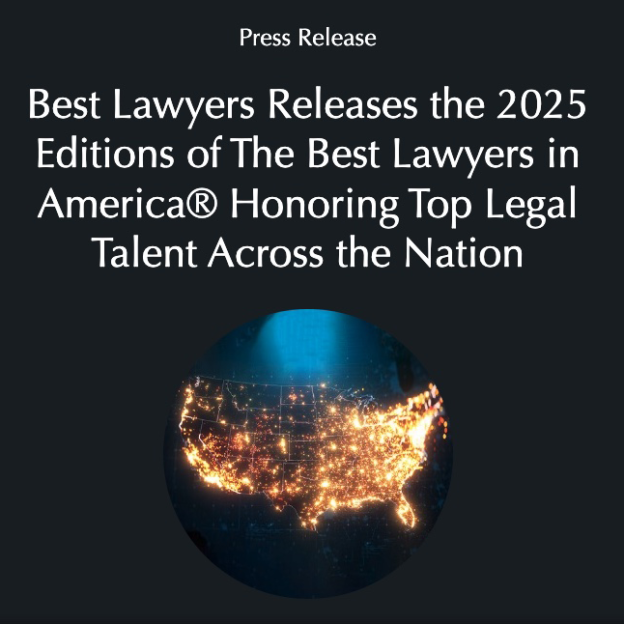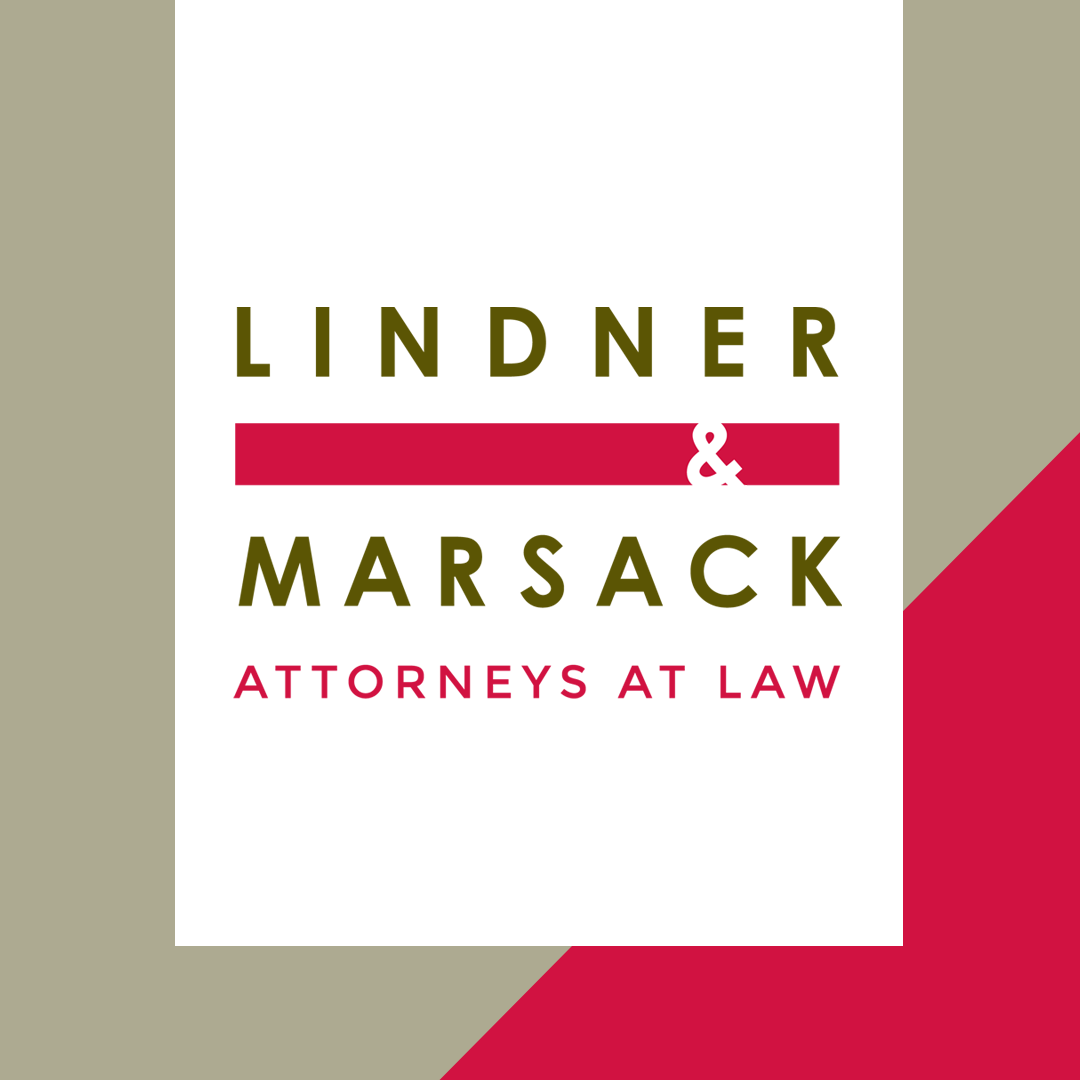Lindner & Marsack, S.C., one of the region’s most respected and long-standing management-side labor and employment law firms, announced that Luis Padilla, Jr. has joined the firm as a Partner. Padilla will practice out of Lindner & Marsack’s Milwaukee office. Padilla brings decades of experience in management-side labor relations, having led internal labor and employment […]








